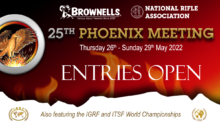The IGRF World Championships
The 25th Phoe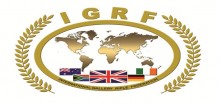 nix meeting, held over the long weekend of the 26th – 29th May at the National Shooting Centre, Bisley, also hosted the fifth iteration of the IGRF World Championships. This biennial event welcomes shooters from all IGRF nations to compete for the title of IGRF World Champions or Champion. Originated in 2013 for Gallery Rifle Small Bore (GRSB) and Gallery Rifle Centrefire (GRCF) team events, the championships were widened in 2017 to include individual championship opportunities for GRSB and GRCF gun types in aggregates spread across four discrete competitions. There were both team events and individual events included in 2022.
nix meeting, held over the long weekend of the 26th – 29th May at the National Shooting Centre, Bisley, also hosted the fifth iteration of the IGRF World Championships. This biennial event welcomes shooters from all IGRF nations to compete for the title of IGRF World Champions or Champion. Originated in 2013 for Gallery Rifle Small Bore (GRSB) and Gallery Rifle Centrefire (GRCF) team events, the championships were widened in 2017 to include individual championship opportunities for GRSB and GRCF gun types in aggregates spread across four discrete competitions. There were both team events and individual events included in 2022.
Legacy
The IGRF is the International Gallery Rifle Federation. It was founded by Great Britain, Ireland and Germany as the European Gallery Rifle Federation in 2006, and became International in 2010 with the addition of South Africa. Australia (2013) and Zimbabwe (2018) joined later
The inaugural World Championship event was held in 2013 at Bisley, with the GRSB honours going to Great Britain and the GRCF winners being Ireland. In 2015 Great Britain Gallery Rifle Teams travelled to Leitmar in Germany where both trophies were brought back by the touring British teams. In 2017 Ireland hosted the event at the Midlands National Shooting Centre. On home territory the Irish swept the board winning both GRSB and GRCF team trophies, beating Great Britain, Germany, South Africa and Australia. They also took both of the inaugural individual World Championships with Ray Holohan winning the GRSB class and Jeff Kehoe winning in GRCF.
The last IGRF World Championships were held in South Africa in 2019 at the Excalibur Shooting ranges near Welkom with GB, Ireland, Germany and Australia competing with the hosts. Home turf again proved to be the dominating factor as South Africa won both the GRSB and GRCF team events. Great Britain, however, claimed the very respectable runner-up slots for both calibres. Individual World Championships were taken by Australian shooter David McCarthy for GRCF Standard and Classic and Nico Roets (SA) for GRSB and GRCF Open. Anna Marie van Tonder (also SA) took GRSB and GRCF Standard top lady shooter and Anita Roets was the top GRCF Open division lady shooter.
IGRF World Championships 2022
The global COVID pandemic interrupted the planned return of the Championships to Bisley in 2021. The IGRF Council decided to defer for a year in the hope that International travel would be resumed. Although not all countries were able to attend, we were able to welcome Germany, Ireland and South Africa to compete in 2022.
Despite the rivalry, there is a strong community spirit across all the international teams and the crew, as they come together to enjoy the very best of our shared sport.
The team matches are shot shoulder to shoulder with specifically allocated range time. These were shot in Melville on the Sunday morning with the Great Britain, Ireland, Germany and South Africa teams, their supporters and a specially selected Range Crew, led by Ashley Dagger. The NRA provided the results on a large on-range screen for the first time and spectators were able to watch and be inspired. The atmosphere was excellent.
The Individual Championships were shot concurrently with Phoenix events, whereby competitor’s individual scores are also utilised for the aggregate IGRF trophies. For 2022, individual competitions were held for GSRB, GRCF Standard and GRCF Classic gun types. The benefit of this approach is that everybody who entered the full set of aggregate events in the Phoenix was also competing for the Individual World Championships.
The individual aggregates were agreed by the IGRF Council in 2017 and were carefully chosen to include a balance of gallery rifle marksmanship skills. They include the most popular GR events: Timed and Precision 1 (T&P1) and Mult-Target (M-T). The 1500 and the 50m Precision events were included to increase the challenge and thus justify the ultimate title of World Champion.
Results
Great Britain teams and individual shooters did exceptionally well. Yet again home range advantage seemed to play out as the dominant force. So much so that all five headline trophies, Team and Individual, were presented to GB shooters this year – with the Individual trophies being spread uncannily fairly across the three mainland nations!
Individual World Champions
The GRSB World Champion is Jake Mossom from GB and England who topped the listings immediately ahead of three of his GB teammates. Dropping only 28 points from a possible 2220 across the four aggregate events, this was an impressive win in, arguably, the most challenging calibre. Top Under 25 shooter was Robert L.Tonner from Scotland and top lady shooter Anna-Marie van Tonder from South Africa.
The GRCF Standard World Champion is GB and Scotland shooter Jonny Cormie. GRCF Standard is the centre fire gun type of the International Team shoots so competition is intense. Top lady shooter was again Anna-Marie van Tonder from South Africa but unfortunately no junior shooter entered this gun type.
The GRCF Classic World Champion is Rob Wheeler from GB and Wales. He shot an outstanding 1500 score – a new British record with 1493 (just 7 points lost from 1500) and 107X, which was 15 points and 20x’s more than his closest rival in that event. This was outstanding shooting overall with iron sights. There were no U25 or lady shooters in this event; something to work on for the future.
Team World Championships
For the headline Team matches Great Britain Captain Gary Bowden chose exceptionally strong teams. All three Individual World Champions were members of the teams and all seemed to be well and truly on form.
GB were successful in reclaiming both GRSB and GRCF trophies, the first time they have both been held by GB since 2015. The smallbore match was close with South Africa only 19 points behind out of a possible 6000 maximum score. Germany and Ireland finished 3rd and 4th respectively. The centrefire match was close after the first three practices, but Great Britain eased ahead to a comfortable victory for the home nation. Germany finished as runners up with South Africa and Ireland in 3rd and 4th respectively.
Presentation and Reception
The last NRA Journal (Summer 2022) reported on the joint IGRF and ITSF (International Target Shotgun Federation) reception held at the Pavilion which was attended by all visiting teams and guests. Apart from conveying thanks again to the NRA for assisting in organizing this well received event, there is nothing further to add.
Prizegiving for the Phoenix meeting was held as usual late on the Sunday afternoon. Due to the revised weekend schedule, it meant all prizes could be awarded at this single presentation, the popularity of which was demonstrated by the number of people who attended – so many that extra chairs had to be brought in at the last minute!
The full set of results for the above matches and all 25th Phoenix meeting scores can be found in the usual places on the NRA and Gallery Rifle websites.
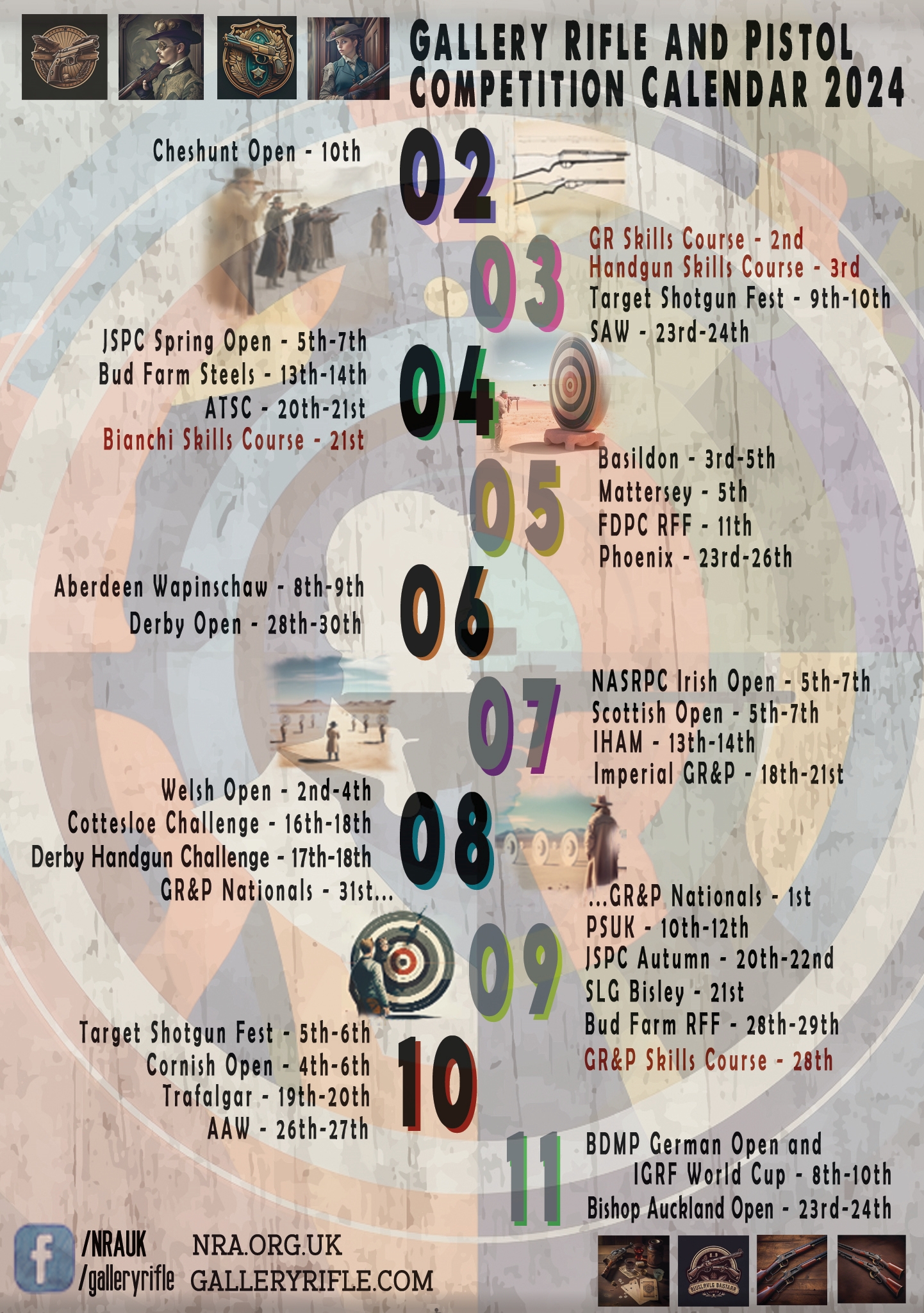
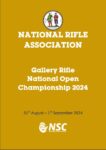
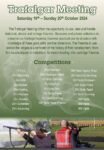
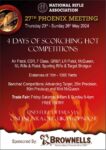
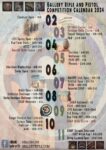
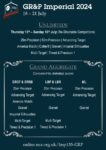
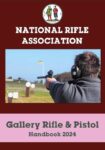

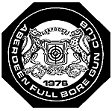
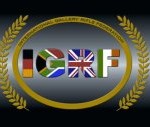
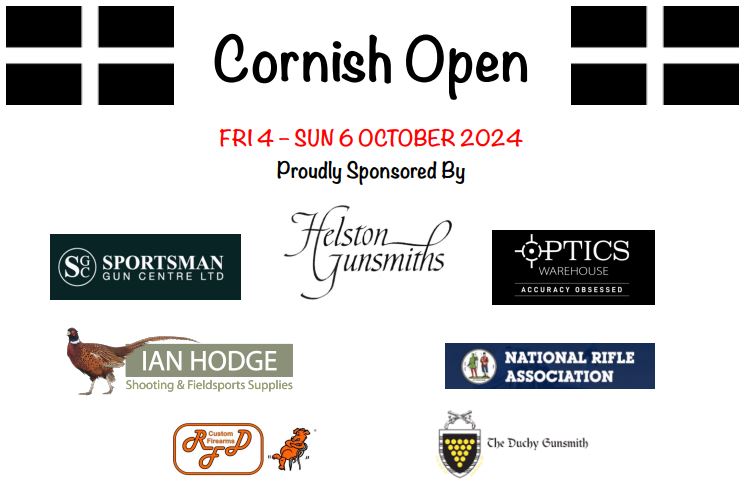

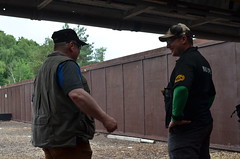


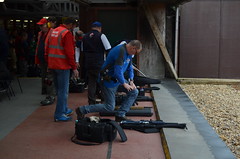


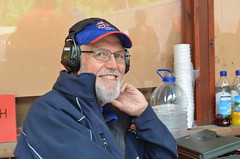


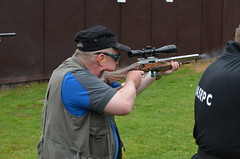
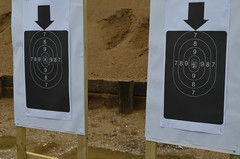
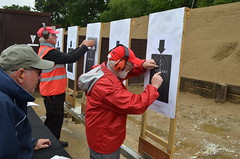

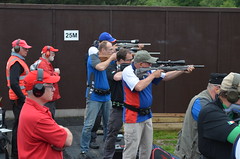
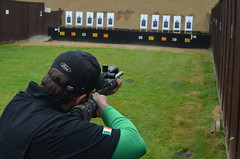
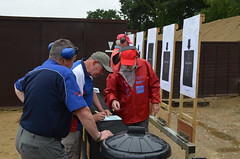
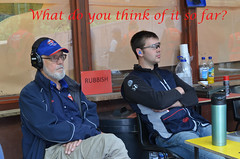
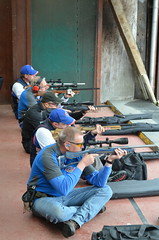
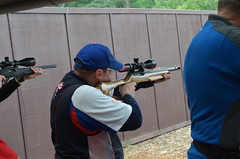
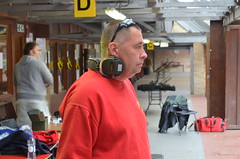
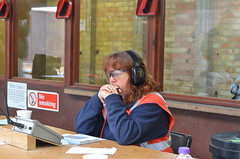
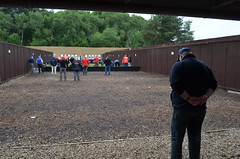
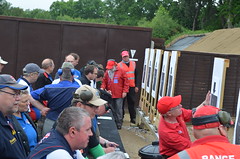
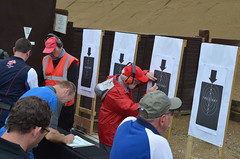
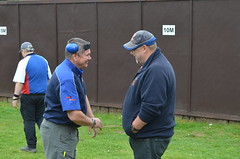
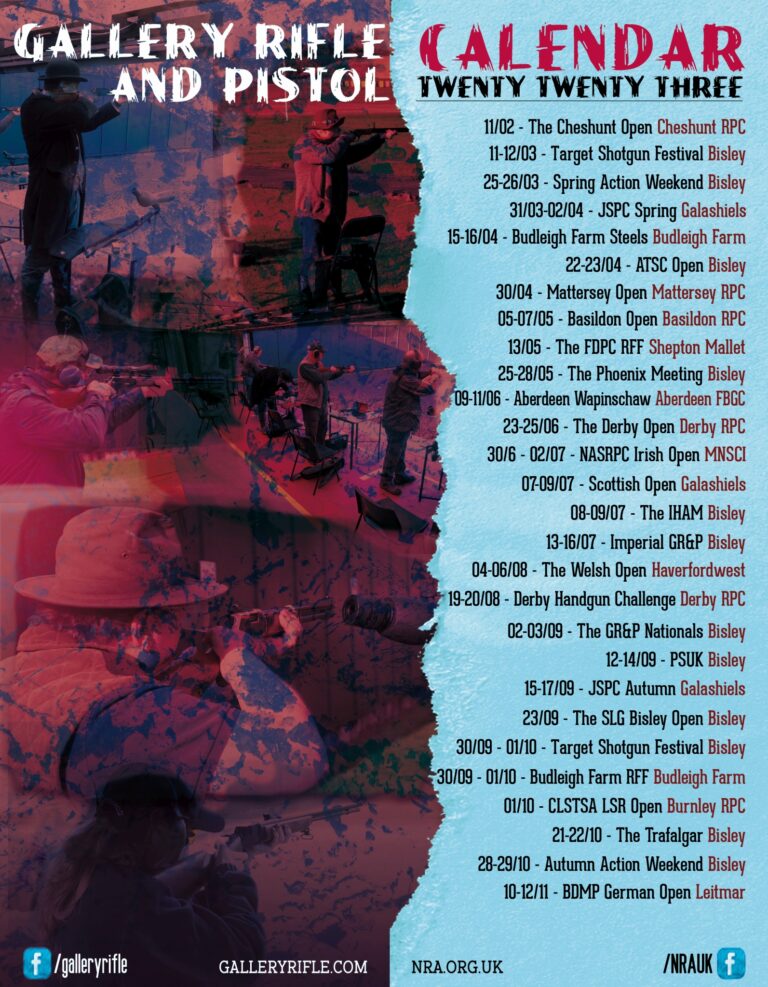
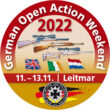 After another successful tour to the Leitmar ranges near Marsberg in Germany by British and Irish teams the reactions of all who attended overwhelmingly declared the event another very enjoyable and competitive weekend of Gallery Rifle shooting.
After another successful tour to the Leitmar ranges near Marsberg in Germany by British and Irish teams the reactions of all who attended overwhelmingly declared the event another very enjoyable and competitive weekend of Gallery Rifle shooting.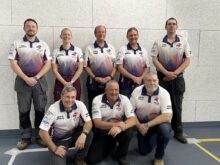
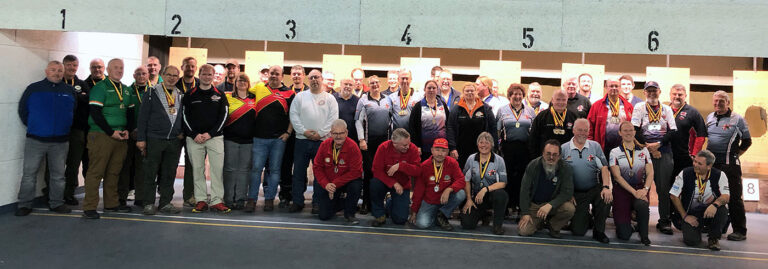

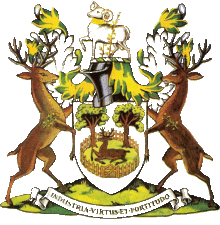
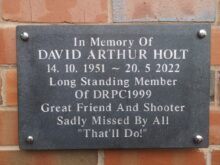


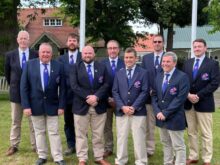

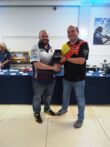



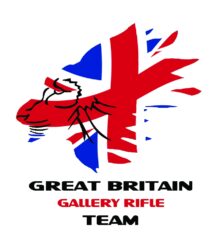
 The Great Britain teams for the IGRF World championships to be held at the Phoenix 25 meeting, (May 26th-29th 2022) have been announced.
The Great Britain teams for the IGRF World championships to be held at the Phoenix 25 meeting, (May 26th-29th 2022) have been announced.